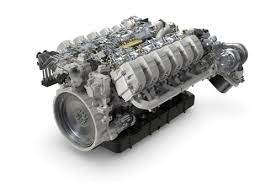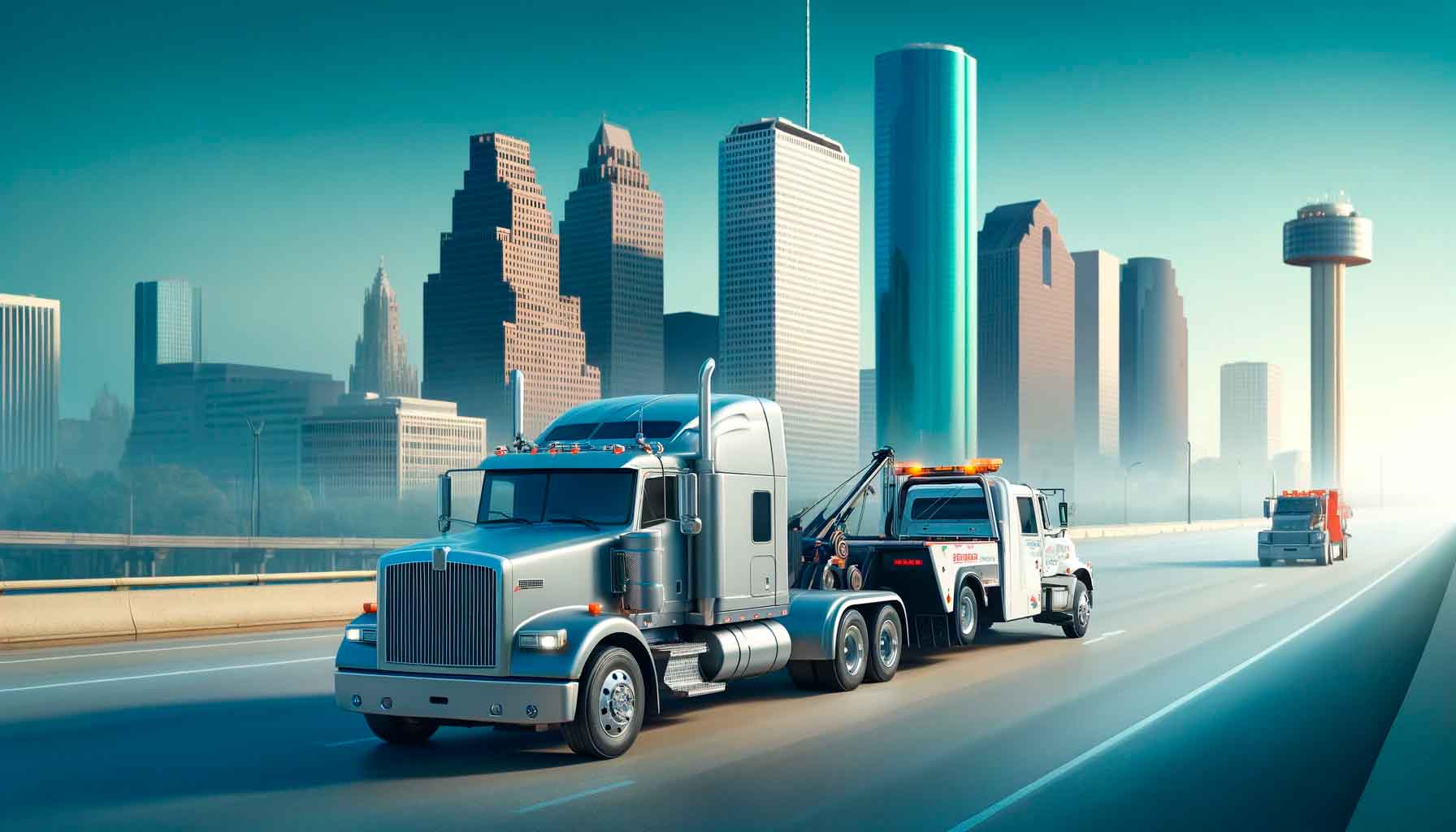Diesel engines are complex machines that power a wide range of vehicles. In this blog, we will discuss how the inner workings of this machine work, explore popular car models that use them and address the pros and cons of these car powerhouses.
Brief History
The history behind this invention started with the gasoline engine production created by Nikolas August Otto in 1876. His invention would use a four-stroke combustion known as the “Otto Cycle,” which is put into every car nowadays. The gasoline-powered motor could have done better because only 10 percent of the fuel was used to make the vehicle move, and the rest would make the car produce extra heat.
This caused Rudolf Diesel to create an engine that had a higher efficiency. By 1892, he already had a prototype originally designed to run on peanut oil and what is now a diesel internal combustion. During the early years, diesel-powered cars were not very popular because people thought they were dirty and loud; up until the 21st century, they became more common and cleaner.
How Does It Work?
Mechanically, diesel and gasoline engines work the same because they are both internal combustion powerhouses designed to convert chemical energy from a fuel into mechanical energy by making the pistons move up and down inside the cylinders.
The pistons are connected to a crankshaft, and the up and down motion of the pistons – known as linear motion – create the rotary motion needed to turn the car’s wheels forward.
Both engines convert fuel into energy through a series of small explosions, but the major difference is that the air is first compressed in the diesel motor and then injected. So, when the air heats up when compressed, the fuel ignites.
The four-stroke combustion cycle is made up of the following:
Intake Stroke: Causes the intake valve to be open, letting air in and making the pistons move down.
Compression stroke: Makes the piston move back up and compress the air.
Combustion Stroke: When the piston reaches the top, fuel is injected at the right time, and it is ignited, forcing the pistons back down.
Exhaust Stroke: The piston moves back to the top, pushing out the exhaust created from combustion from the exhaust valve.
The Important Components
Let us break them into their key components to understand how this component works. The core elements include:
Cylinder Block and Pistons: The cylinder block houses the cylinders where the pistons move up and down, converting fuel into mechanical energy.
Fuel Injection System: Diesel motors use a high-pressure fuel injection system to spray fuel into the combustion chamber, precisely timed for optimal combustion.
Turbocharger: A turbocharger compresses incoming air, increasing its density, and allowing more fuel to be burned, resulting in improved power and efficiency.
Glow Plugs: In cold weather, glow plugs preheat the air inside the combustion chamber to facilitate easy ignition.
Popular Diesel-Powered Car Models of 2023
Diesel motors are found in various car models across different segments. Some notable diesel-powered vehicles include:
Volkswagen Golf TDI: Known for its fuel efficiency and performance, it combines power and practicality.
BMW 3 Series Diesel: BMW offers diesel motor options in their 3 Series lineup, delivering luxury, performance, and fuel economy.
Ford F-150 Power Stroke: The Ford F-150 Power Stroke offers impressive towing capabilities and fuel efficiency, making it a favorite among truck enthusiasts.
Audi Q7 TDI: The Audi Q7 TDI provides a spacious and luxurious SUV experience while delivering excellent fuel economy and torque.
Pros of Diesel Motors
These types of engines offer a range of compelling advantages that contribute to their popularity in various applications. One notable advantage is their exceptional fuel efficiency, allowing diesel-powered vehicles to travel longer distances on a single fuel tank than their gasoline counterparts.
They also generate higher torque, making them well-suited for heavy-duty tasks such as towing and hauling. These motors are renowned for durability, often outlasting gasoline engines with proper maintenance.
The robust construction also enables them to withstand high compression ratios and operate under demanding conditions. Moreover, diesel fuel is less volatile than gasoline, reducing the fire risk in fuel-related accidents.
Overall, the pros of these internal combustion systems encompass superior fuel efficiency, high torque output, durability, and enhanced safety features.
What are the Cons?
While diesel motors may have numerous advantages, they also have a few drawbacks that warrant consideration; one of the primary concerns is the higher emissions produced.
Unlike gasoline motors, diesel-powered internal combustions emit greater nitrogen oxide (NOx) and particulate matter (PM), contributing to air pollution.
Another aspect to consider is the higher initial cost; they often come with a higher purchase price compared to their gasoline counterparts, which may deter some potential buyers.
Additionally, the availability of diesel fuel can be limited in certain areas, which can inconvenience refueling. However, it is worth noting that the automotive industry continues to invest in research and development to mitigate these drawbacks, focusing on improving emission control technologies and optimizing engine performance.
Conclusion
Diesel motors are complex machines that power various vehicles, offering fuel efficiency, torque, and durability benefits. However, they also have some downsides, including higher emissions and limited availability. When considering any vehicle, evaluating your specific needs and priorities is essential.
The automotive industry continues to work on improving diesel-powered technology, reducing emissions, and optimizing performance. When you choose any motor, staying informed about the pros and cons empowers you to make an informed decision that aligns with your requirements and values.
Contact Us
If you are considering selling your diesel-powered car, 832 Cash For Cars is the right place for you! Our company services the whole Houston Metropolitan Area. It is aware that things may change, and you may want to get rid of your vehicle for many reasons, so if you call or text our reps today at 832-931-8173, they will be able to give you a non-obligated quote and schedule a vehicle pick up the same day! We make our junk cars for cash process very stress-free and fast because we know everyone’s time is important. That is why after you agree to our offer, we guarantee free towing and instant payment on the spot! Also, please feel free to reach us through our online contact form or email us at 832cashforcars@gmail.com. Get cash in your pockets today!




